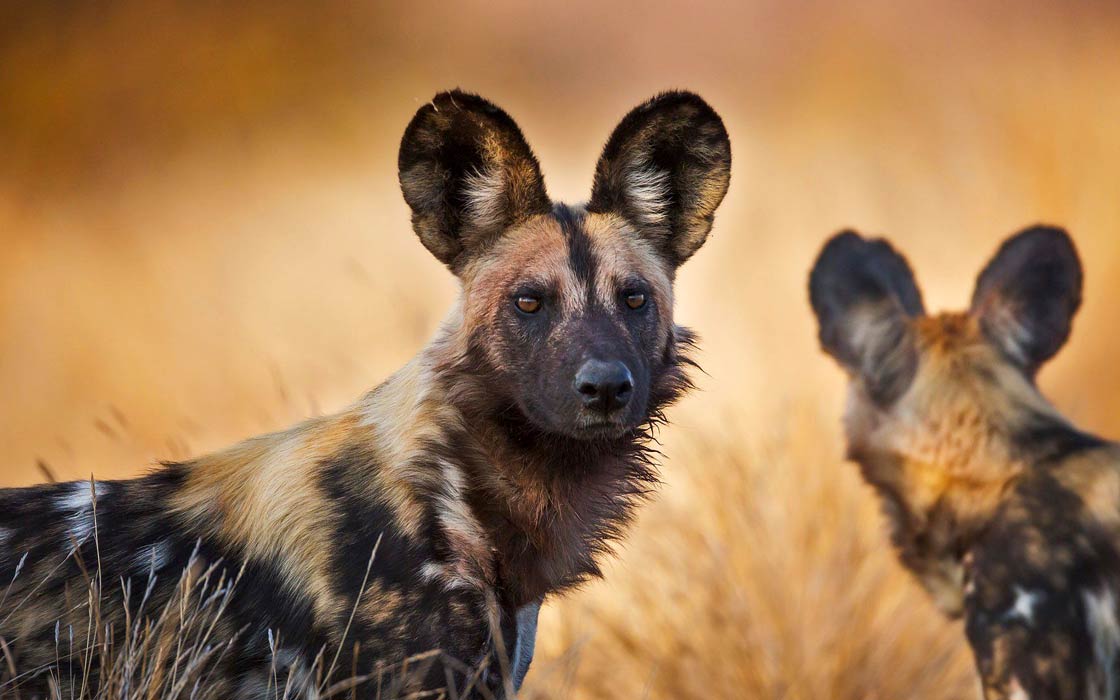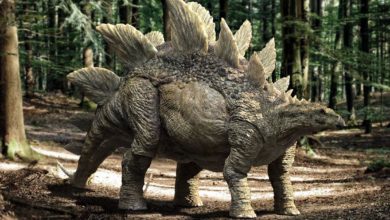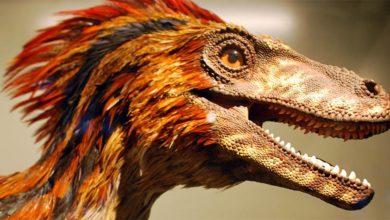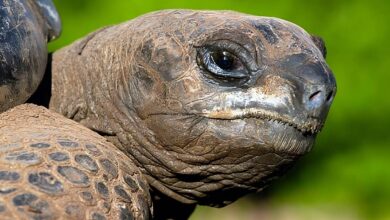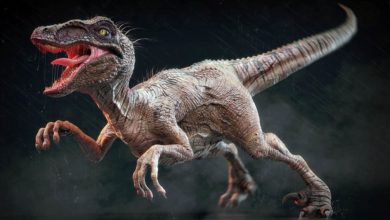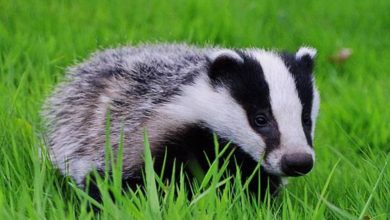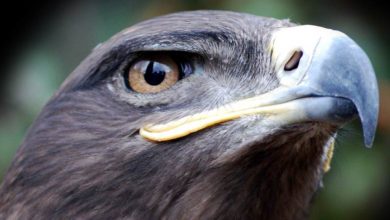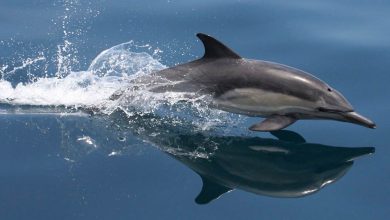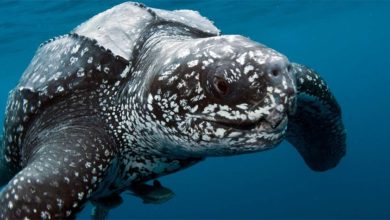What mammal is the most effective hunter?
The most effective mammal hunter, based on hunting success rates, is the African wild dog (Lycaon pictus), which has a remarkable hunting success rate of up to 90%. This high success is attributed to their cooperative hunting strategies and stamina, allowing them to exhaust their prey over distances of about 2 kilometers (1.2 miles) before making a kill.
Another notable contender is the harbour porpoise (Phocoena phocoena), which also exhibits high hunting success, reaching around 90% in some instances, especially when hunting cooperatively using echolocation.
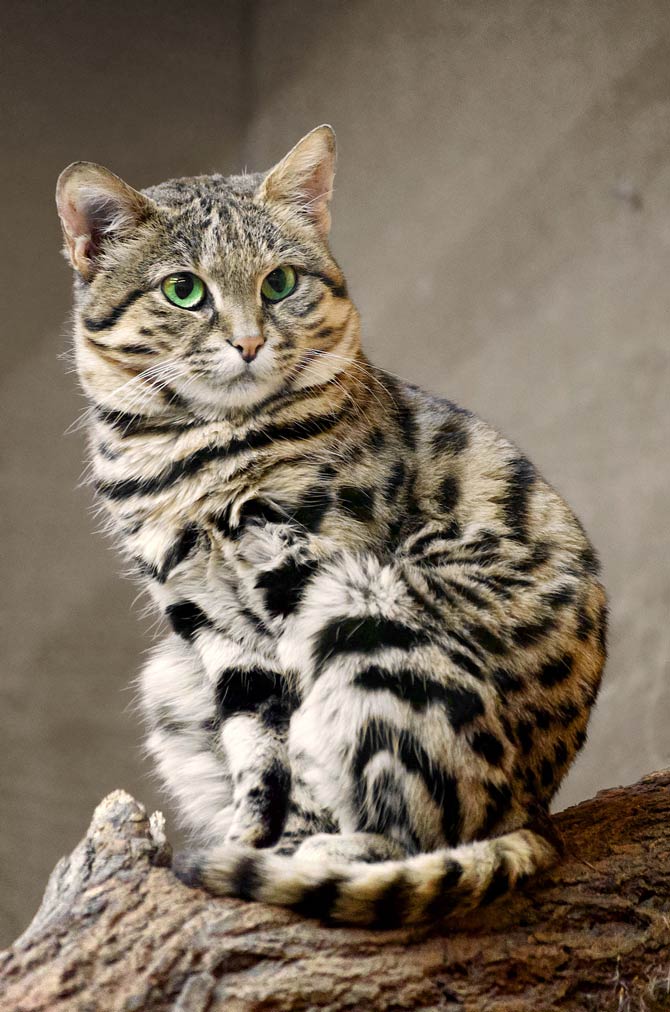
The most effective solitary mammal hunter
The most effective solitary mammal hunter is the black-footed cat (Felis nigripes), with a remarkable hunting success rate of approximately 60%. This small, nocturnal predator is known for its high activity level, making hunting attempts every 30 minutes and successfully capturing prey such as gerbils and small birds.
In contrast, while the cheetah (Acinonyx jubatus) is often recognized for its speed and hunting prowess, it has a slightly lower success rate of around 50-58 % when hunting alone. Cheetahs are known for their high-speed chases and typically hunt larger prey, but they also face competition from other predators that can steal their kills.
Overall, black-footed cats stand out as the most effective solitary hunters among mammals, demonstrating impressive efficiency in their hunting strategies.

The most effective hunter in nature
While these mammals excel in hunting success, it is important to note that the dragonfly, although not a mammal, has the highest overall hunting success rate observed in the animal kingdom, with rates as high as 97%. This is due to their exceptional vision and flight capabilities, allowing them to predict and intercept prey effectively.
In summary, the African wild dog stands out among mammals for its hunting effectiveness, while dragonflies lead the animal kingdom overall.

